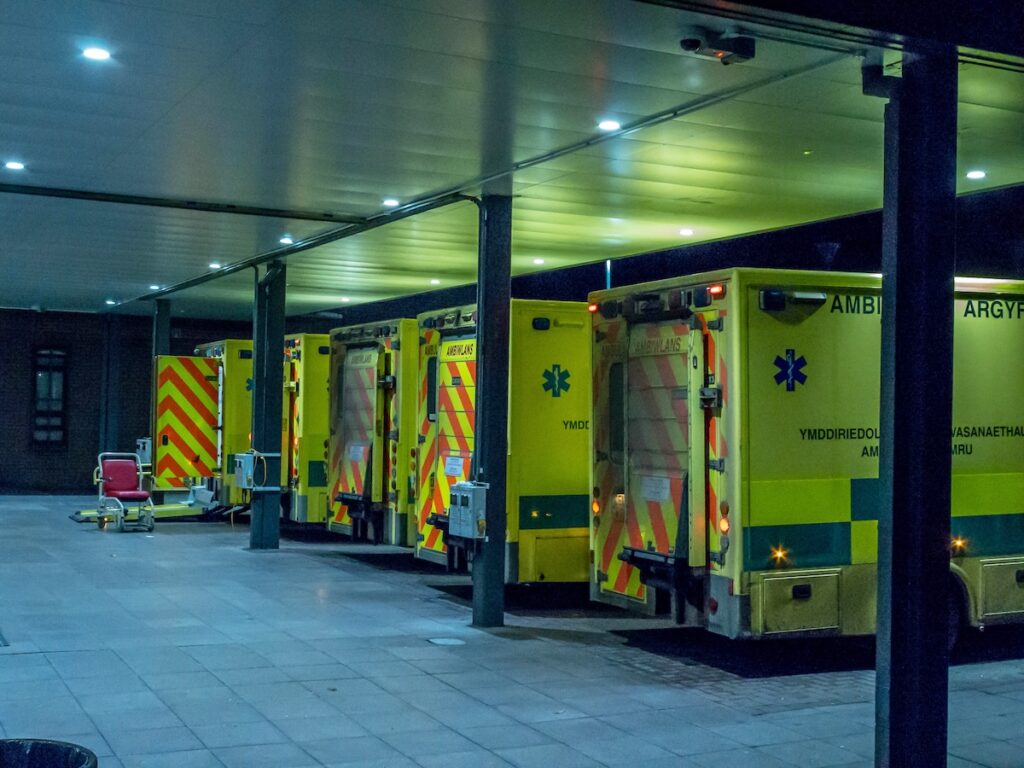A Glasgow tech firm has proposed ‘digital twin’ technology as a potential solution to help clear NHS backlogs.
Simul8, which specialises in real-world simulation tech, is working with NHS boards in Scotland and trusts south of the Border to improve patient flows in hospitals and reduce bottlenecks.
It has worked on process optimisation initiatives, ranging from patient scheduling in oncology units to patient flow through fertility departments, modelling maternity services, and optimising trauma and orthopaedic wards.
The firm is now advocating a much wider rollout for its core technology to support faster and deeper integration with the NHS at scale, to help bring down record wait times.
Laura Reid, CEO at Simul8, said: “Our healthcare system is under extreme pressure and millions of people are waiting for potentially lifesaving treatments. Sadly, there’s no silver bullet to solving the backlog issue but we should be using every available option to improve the situation.
“Technology has a critical role to play in the future of healthcare in the UK. Our software is already making a difference and we’re extremely proud of that, but we want to do more. Simulation-powered digital twins remove bottlenecks and improve efficiency, which is exactly what the system needs.”
The company, which has also has bases in the US and Canada, is hoping to work with the new Labour government – by encouraging the use of more AI and automation to eliminate repetitive manual tasks or improve data-driven decision making.
Waiting lists hit an all-time high in September 2023, when approximately 7.8 million people were waiting for hospital treatment. According to the latest NHS England data, as of March 2024, that figure is down to 7.5 million people waiting but 43 per cent of those have been on a list for more than 18 weeks.
Simul8 says simulation-powered digital twins offer a new approach to decision-making. They live alongside real-world systems and provide a testing ground for decision-making. Hundreds of simulations can be tried and tested each day to find the best course of action in a cost-effective way.
In an environment like a hospital, where situations can change at a moment’s notice, this technology is vital in deciding where resources should be allocated to ensure the system isn’t overburdened and struggling to meet capacity.
Its digital twins have already been deployed to redesign a patient scheduling system for a cancer care unit. The technology helped the unit save £15,000 a month and reduced patient wait times by over 50 per cent, as well as improving nursing staff’s experiences.
It’s also helping to optimise processes for IVF treatment and cardiovascular surgery at Guy’s and St Thomas’ NHS Foundation Trust. The trust uses the software to analyse staffing levels, the number of procedures in each process and the equipment and people needed to complete them in the desired timeframe. It enables senior leaders to plan resources effectively which leads to an enhanced quality of service and better patient outcomes.
In Scotland, the company has worked with NHS Scotland, NHS Lanarkshire and NHS Fife.
Reid said: “Healthcare is a topic close to my heart. It’s where I started my career and to think our technology is helping solve some of the issues the system faces fills me with pride. The beauty of what we offer is that it removes risk. Making changes to the simulation does not affect real life or have financial implications. It’s a test environment, enabling stakeholders to determine the best way to improve processes that can be transitioned to the live environment and benefit patients.”
